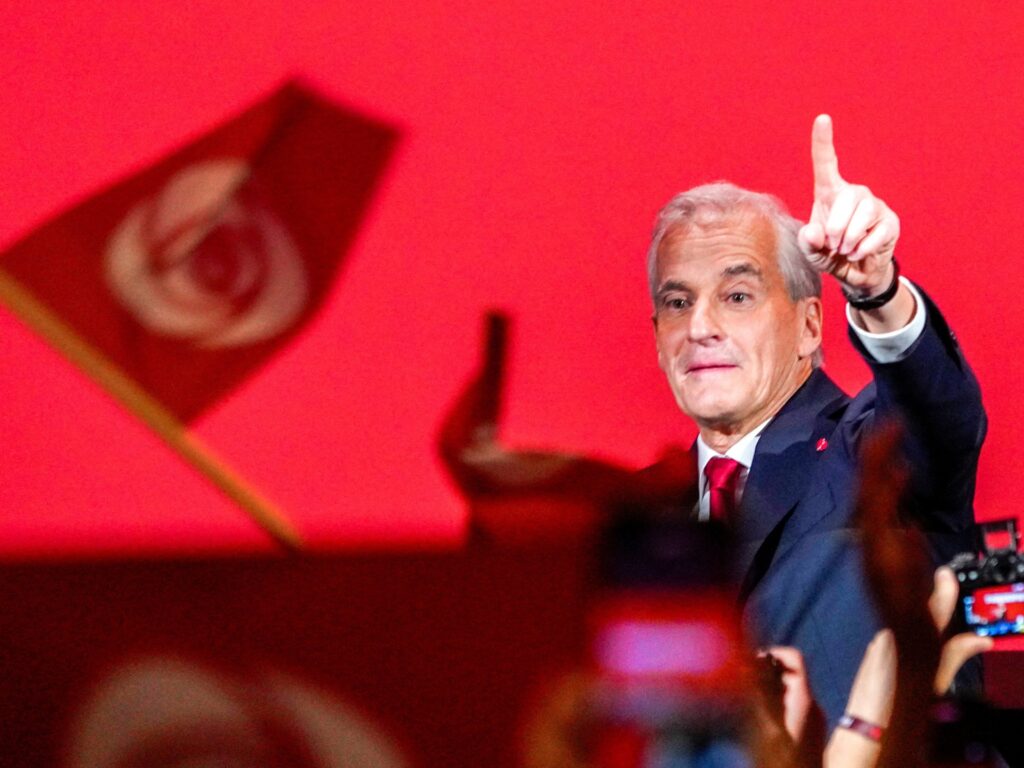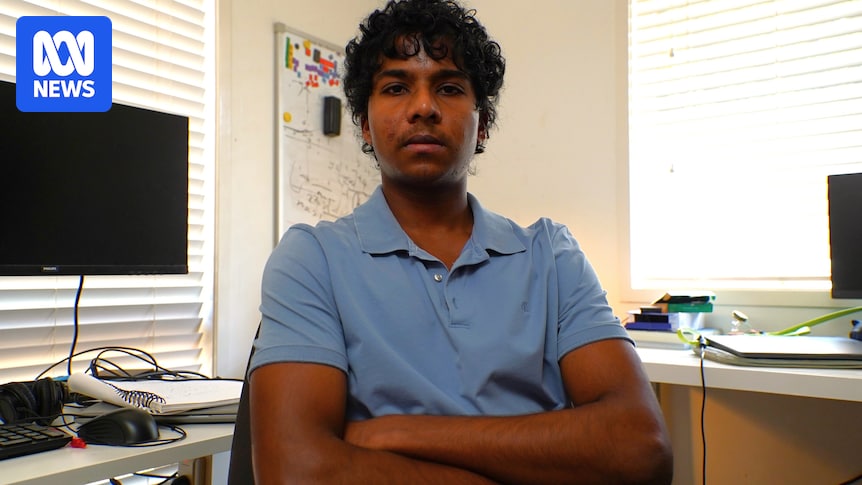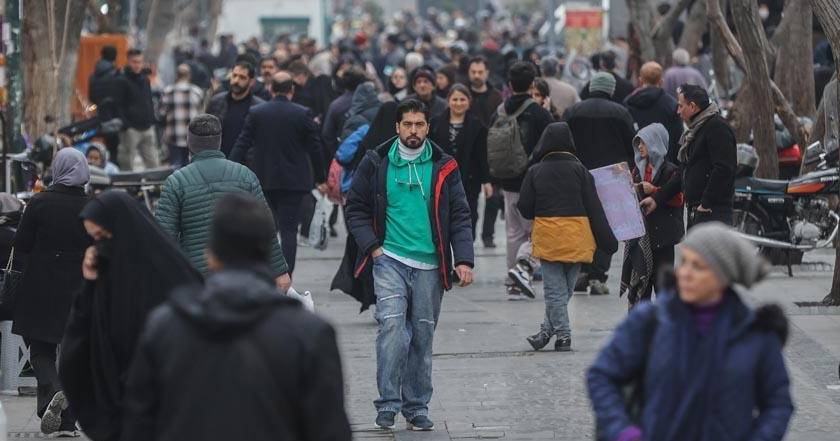
Norway’s Labour Prime Minister Jonas Gahr Stoere has declared victory in the country’s legislative elections held on Monday, securing approximately 28 percent of the vote. This outcome positions Stoere to continue his leadership with the backing of four other left-wing parties. The election also marked a significant rise in support for the anti-immigration Progress Party, which achieved its best-ever result in a national election.
“We did it,” exclaimed the 65-year-old Stoere at an election night rally in Oslo, as Labour supporters celebrated the hard-fought campaign. The future of Norway’s longstanding wealth tax was a central issue during the elections, which saw a voter turnout from approximately 4.3 million eligible citizens.
Election Dynamics and Party Performances
The Labour Party’s victory came amidst a backdrop of internal challenges, including party strife, Cabinet scandals, and an attempted leadership coup. Despite these hurdles, Stoere’s party managed to secure just over the 85 seats needed to form a majority in the 169-member Storting, Norway’s parliament. Meanwhile, the right-wing Progress Party, led by Sylvi Listhaug, celebrated its strong performance, while the Conservative Party, under Erna Solberg, faced a disappointing third-place finish.
Addressing her supporters, Listhaug expressed satisfaction with the Progress Party’s results but warned of “four tough years ahead for people and businesses.” Solberg, on the other hand, apologized for her party’s poor showing, acknowledging the need for reflection and renewal.
Key Issues and Campaign Highlights
The election campaign in Norway, a nation of 5.6 million people with one of the highest per capita incomes globally, was dominated by debates over the cost of living, inequality, and taxation. The wealth tax, in particular, sparked heated discussions, with Labour advocating its retention, the Conservatives proposing reductions, and the Progress Party calling for its abolition.
Another focal point of the campaign was the controversy surrounding Norway’s $2 trillion sovereign fund’s investments in Israel. The fund made headlines by divesting from at least 11 companies following reports of its involvement with a jet engine company servicing Israeli fighter jets. This move followed prior divestments from two Israeli companies and Caterpillar, the latter due to ethical concerns related to its products’ use in Gaza and the West Bank.
Impact of Wealth Tax Debate
The wealth tax has long been a contentious issue in Norway, with recent years witnessing a migration of affluent Norwegians to Switzerland to escape it. This exodus has fueled debates between political blocs over the tax’s future, with profound implications for the country’s economic policy and social equity.
Political Landscape and Future Challenges
Stoere’s second term is set against a complex political landscape, requiring cooperation with four smaller left-leaning parties. This coalition-building effort is expected to involve weeks of negotiations to finalize Cabinet positions before King Harald swears in the new government.
In early 2025, Stoere took significant steps to consolidate his leadership by reshaping his cabinet. A notable change was appointing Jens Stoltenberg, former NATO Secretary-General and Prime Minister, as finance minister. Stoltenberg’s appointment was seen as a strategic move to stabilize Stoere’s administration and enhance Labour’s international standing.
Despite some economic relief with easing inflation and interest rates, Stoere’s government continues to grapple with economic challenges. Inflation had peaked at 7.5 percent in 2022, and interest rates reached levels not seen since 2008. These economic pressures underscore the complexities Stoere faces in navigating Norway’s future.
Conclusion and Next Steps
As Stoere embarks on his second term, he must address the fragmented nature of the Norwegian parliament and the diverse interests of his coalition partners. The Labour Party’s victory, amid rising populist sentiments across Europe, highlights the ongoing political shifts and the challenges of governance in a rapidly changing world.
The final election results are expected on Tuesday, setting the stage for Stoere to begin coalition talks. The outcomes of these negotiations will be crucial in determining the direction of Norway’s domestic and foreign policies in the coming years.







